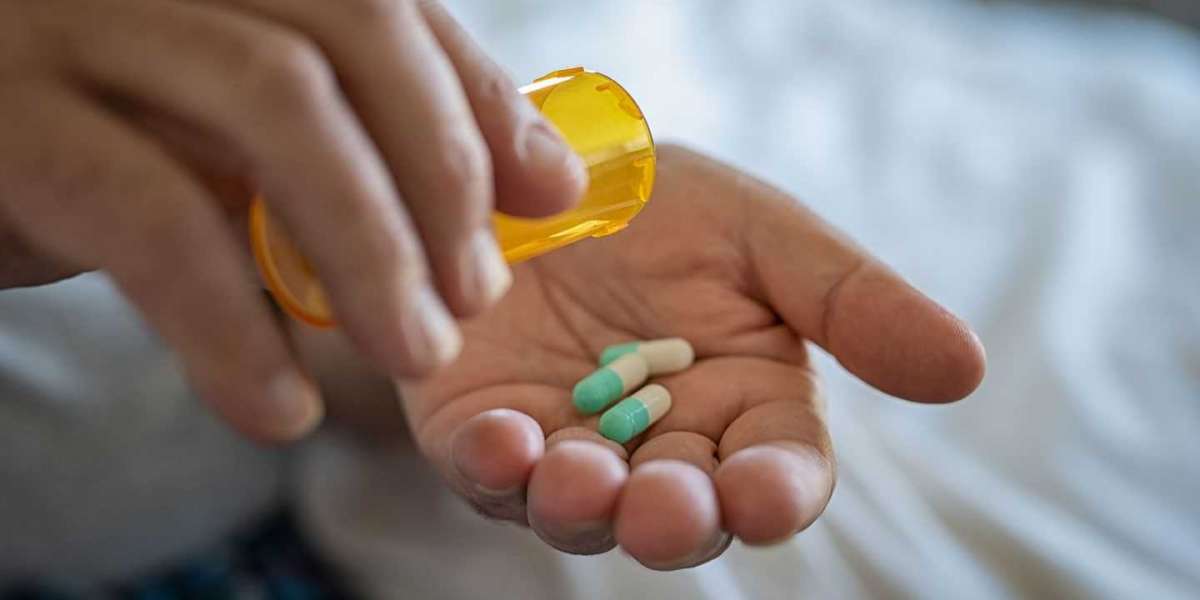Anxiety is a common mental health condition that affects millions of people worldwide. While prescription medication is often the first line of treatment, many individuals prefer to try over-the-counter (OTC) options first. In this guide, we will discuss the most common OTC anxiety medication options, their effectiveness, potential side effects, and when to seek medical advice.
Table of Contents
- Introduction
- Types of OTC Anxiety Medication
- Herbal Supplements
- Antihistamines
- Melatonin
- L-Theanine
- Effectiveness of OTC Anxiety Medication
- Potential Side Effects
- When to Seek Medical Advice
- Conclusion
- FAQs
Types of OTC Anxiety Medication
Herbal Supplements
Herbal supplements are the most popular type of OTC anxiety medication. Many herbs have been used for centuries to promote relaxation and reduce anxiety. Some common herbal supplements include:
Valerian Root
Valerian root is an herb that has been used for centuries to treat anxiety and insomnia. It is believed to work by increasing levels of a neurotransmitter called GABA in the brain, which promotes relaxation and reduces anxiety.
Passionflower
Passionflower is a plant that has been used for centuries to treat anxiety and insomnia. It is believed to work by increasing levels of GABA in the brain, similar to the valerian root.
Kava
Kava is a plant that is native to the South Pacific. It has been used for centuries to promote relaxation and reduce anxiety. It is believed to work by increasing levels of GABA in the brain, similar to valerian root and passionflower.
Antihistamines
Antihistamines are another type of OTC medication that can be used to treat anxiety. They are typically used to treat allergies but can also have a sedative effect that can help reduce anxiety. Some common antihistamines include:
Diphenhydramine
Diphenhydramine is an antihistamine that is commonly used to treat allergies. It can also have a sedative effect that can help reduce anxiety.
Doxylamine
Doxylamine is another antihistamine that is commonly used to treat allergies. It can also have a sedative effect that can help reduce anxiety.
Melatonin
Melatonin is a hormone that is naturally produced by the body to help regulate sleep. It can also have a calming effect that can help reduce anxiety. Melatonin supplements are available over-the-counter and can be used to help promote relaxation and reduce anxiety.
L-Theanine
L-Theanine is an amino acid that is commonly found in tea leaves. It is believed to promote relaxation and reduce anxiety by increasing levels of GABA in the brain. L-Theanine supplements are available over-the-counter and can be used to help reduce anxiety.
Effectiveness of OTC Anxiety Medication
OTC anxiety medication can be effective in reducing symptoms of anxiety. However, it is important to note that they are not a substitute for prescription medication or therapy. While many individuals find relief from OTC anxiety medication, others may not find it helpful.
Potential Side Effects
OTC anxiety medication can have potential side effects, including:
- Drowsiness
- Dizziness
- Nausea
- Headaches
- Dry mouth
It is important to read the label and follow the recommended dosage to reduce the risk of side effects.
When to Seek Medical Advice
If you are experiencing severe or persistent symptoms of anxiety, it is important to seek medical advice. Your healthcare provider can help determine the best course of treatment for you.














